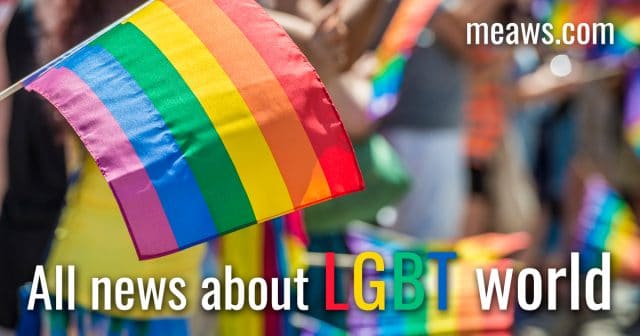
On June 15, 2020, the Supreme Court issued a significant ruling for the LGBT community. The new law prohibits employment discrimination against gays, lesbians, bisexuals, transgender, and other people who fall under the LGBTQ umbrella. This is a significant victory for the LGBT community.
The LGBT supreme court ruling falls under Title VII in the Civil Rights Act of 1964. This act bans employment discrimination “because of … sex,” The majority opinion was written by Justice Neil M. Gorsuch, and it states, “An employer who fires an individual merely for being gay or transgender violates Title VII.”
Co-writers to this opinion include Chief Justice John G. Roberts Jr. and Justices Ruth Bader Ginsburg, Stephen G. Breyer, Elena Kagan, and Sonia Sotomayor. Justices Clarence Thomas, Brett Kavanaugh, and Samuel Alito dissented.
While this law has a direct impact on every workplace across the country, it has a more significant impact on our schools.
What does this decision mean for LGBTQ teachers?
- Job protection for LGBTQ teachers
Before this ruling, LGBT teachers in various states across the country could lose their jobs based on their sexual orientation. Schools could also demote LGBT teachers or pay them less, and there was nothing these teachers could do about it. Because the land laws didn’t protect LGBT employees, many teachers were unsure of how much they could share about their sexual orientation or gender identity. With this new ruling, LGBTQ teachers no longer have to worry about losing their jobs because of their sexual orientation or gender identity. They can come out to their employees, their students, and whoever they chose to come out to without fear of workplace discrimination.
- It will create an inclusive learning environment for students.
Also, as LGBTQ teachers can now be proudly out at work, this can positively impact several students’ lives. The visibility the LGBT ruling will give teachers will help create a safe and inclusive environment for students to learn regardless of their sexual orientation.
- It will open the door to other areas that need attention.
Although the LGBT supreme court ruling right now is limited to discrimination based on sex, it will have even more diverse impacts on schools down the road. We foresee that this ruling will open the door for further conversations beyond employment discrimination in the LGBTQ community.
In his dissent, Associate Justice Samuel Alito stated, “By equating discrimination because of sexual orientation or gender identity with discrimination because of sex, the Court’s decision will be cited as a ground for subjecting all three forms of discrimination to the same exacting standard of review.”
Continuing his statement, he stated that the impact of the ruling would extend beyond the realm of federal antidiscrimination statutes. This is evident in some recent and pending court cases where some transgender individuals challenged a variety of country laws and policies on constitutional grounds. He then referenced some examples related to schools;
The first case Alito mentioned was Hecox v. Little. In this case, a college student and a high school student sued because state law prohibits transgender students from competing in sports based on their gender identity.
In another case, the Department of Education told Connecticut if they allowed trans girls to compete with non-trans girls, they could violate federal law and lose federal education funding.
In yet another case, Gavin Grimm, a transgender male, sued his school after banning him from using the male bathrooms and locker rooms.
All the above cases consider Title IX of federal civil rights law that states; “No person in the United States shall, on the basis of sex, be excluded from participation in, be denied the benefits of, or be subjected to discrimination under any education program or activity receiving Federal financial assistance.”
Alito also mentioned other issues relating to our schooling system that could arise from this new ruling. Issues like college housing, health care, and free speech.
We can see how the Supreme court ruling today will transcend to the cases Alito mentioned.
What should you do if you experience LGBTQ discrimination?
Just like when looking for custom writing reviews, you go to sites like Online Writers Rating, If you experience any form of discrimination due to your sexual orientation or gender identification, you can get in touch with a lawyer or a legal organization like the American Civil Liberties Union.
In conclusion
This new ruling came during pride month, and five years after the court passed a verdict for same-sex marriage. However, before the new LGBT ruling, LGBT people could get married and then lose their jobs. So, this ruling is a victory for everyone in the LGBTQ community and every LGBTQ supporter. Just like using sites like Best Writers Rating keeps you informed on the writing service reviews, a lot of websites can update you on the latest ruling that affects the LGBT community.
We can safely say that this Supreme Court ruling today could open more doors to the protection of people against discrimination.







